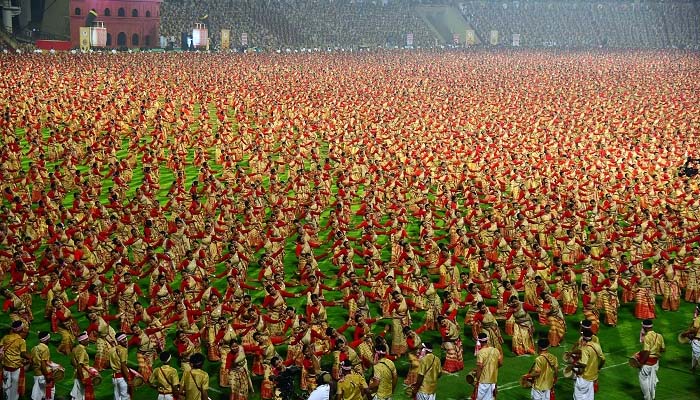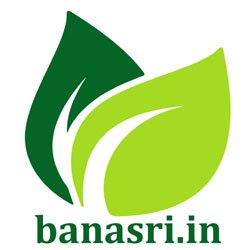
Festivals of Assam: Celebrations of Culture and Tradition
Assam, known for its vibrant culture and rich heritage, celebrates a myriad of festivals throughout the year. These festivals reflect the diverse ethnic groups and traditions of the state, offering a glimpse into its cultural tapestry.
Bihu Festival
Time of Festival
- Bohag Bihu: April (Assamese New Year)
- Magh Bihu: January (Harvest Festival)
- Kati Bihu: October/November (Festival of Lights)
Specialty of Each Festival
- Bohag Bihu: Celebrates the Assamese New Year with dance, music, and feasting.
- Magh Bihu: Marks the end of the harvesting season with community feasts and bonfires.
- Kati Bihu: Focuses on lighting earthen lamps to ward off evil spirits and pray for a good harvest.
Locality of Festival
- Throughout Assam, with each village and town celebrating with traditional fervor.
Nature of Festival
- Cultural: Includes traditional Bihu dance (like Bihu Husori) and music (like Bihu Geet).
Ambubachi Mela
Time of Festival
- June: Typically during the monsoon season.
Specialty of Festival
- Spiritual Significance: Celebrates the annual menstruation of the goddess Kamakhya at Kamakhya Temple.
- Pilgrimage: Draws devotees from across India for rituals and blessings.
Locality of Festival
- Kamakhya Temple, Guwahati: Mainly centered around the temple premises.
Nature of Festival
- Religious: Involves tantric rituals, prayers, and offerings.
Durga Puja
Time of Festival
- September/October: During Navaratri.
Specialty of Festival
- Hindu Festival: Honors Goddess Durga with elaborate rituals and celebrations.
- Pandals: Elaborate temporary structures (pandals) are erected for worship and community gatherings.
Locality of Festival
- Across Assam: Especially vibrant in urban centers like Guwahati, Dibrugarh, and Jorhat.
Nature of Festival
- Religious and Cultural: Includes traditional dances, cultural programs, and grand processions.
Ali-Aye-Ligang
Time of Festival
- February: Beginning of the agricultural season.
Specialty of Festival
- Galore of Colors: Celebrates the onset of agricultural activities with traditional dances and rituals.
- Community Bonding: Promotes unity and cooperation among the tribes.
Locality of Festival
- Mishing Tribe Dominant: Celebrated mainly by the Mishing tribe in Majuli and Dhemaji districts.
Nature of Festival
- Agricultural and Cultural: Involves sowing of seeds, folk songs, and cultural performances.
Baishagu Festival
Time of Festival
- April: Celebrated during the spring season.
Specialty of Festival
- Bodo Festival: Celebrates the onset of the new year for the Bodo community.
- Traditional Dance: Highlighted by the Baishagu dance performed by young men and women.
Locality of Festival
- Bodo Territorial Region: Mainly celebrated by the Bodo community in Kokrajhar, Chirang, and Baksa districts.
Nature of Festival
- Cultural and Folk: Involves traditional music, dance, and rituals.
Conclusion
Assam’s festivals are not just celebrations but also windows into the state’s rich cultural heritage and religious diversity. From the lively Bihu festivals to the serene Ambubachi Mela, each festival offers a unique experience, blending spirituality, tradition, and community spirit in the heart of Northeast India.
